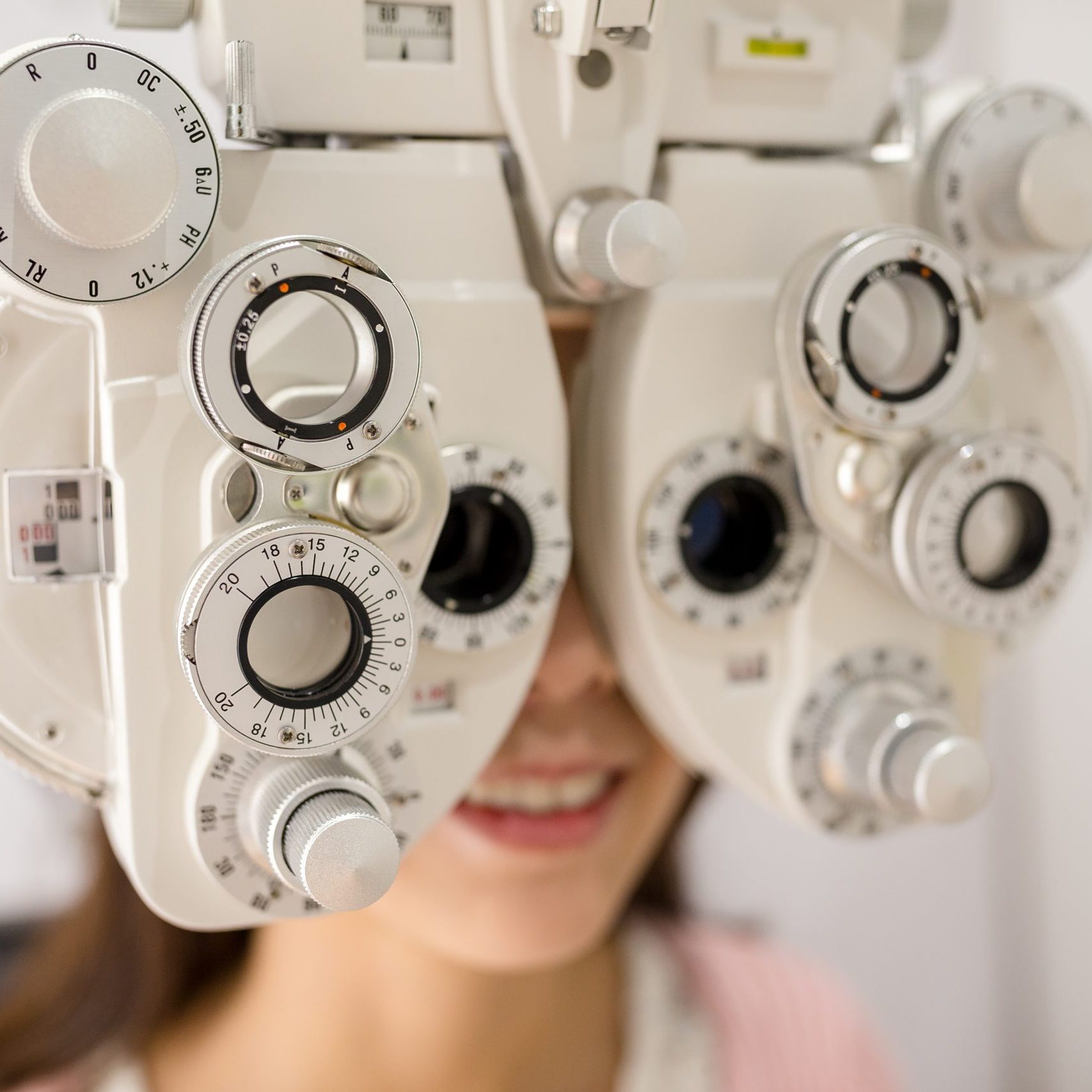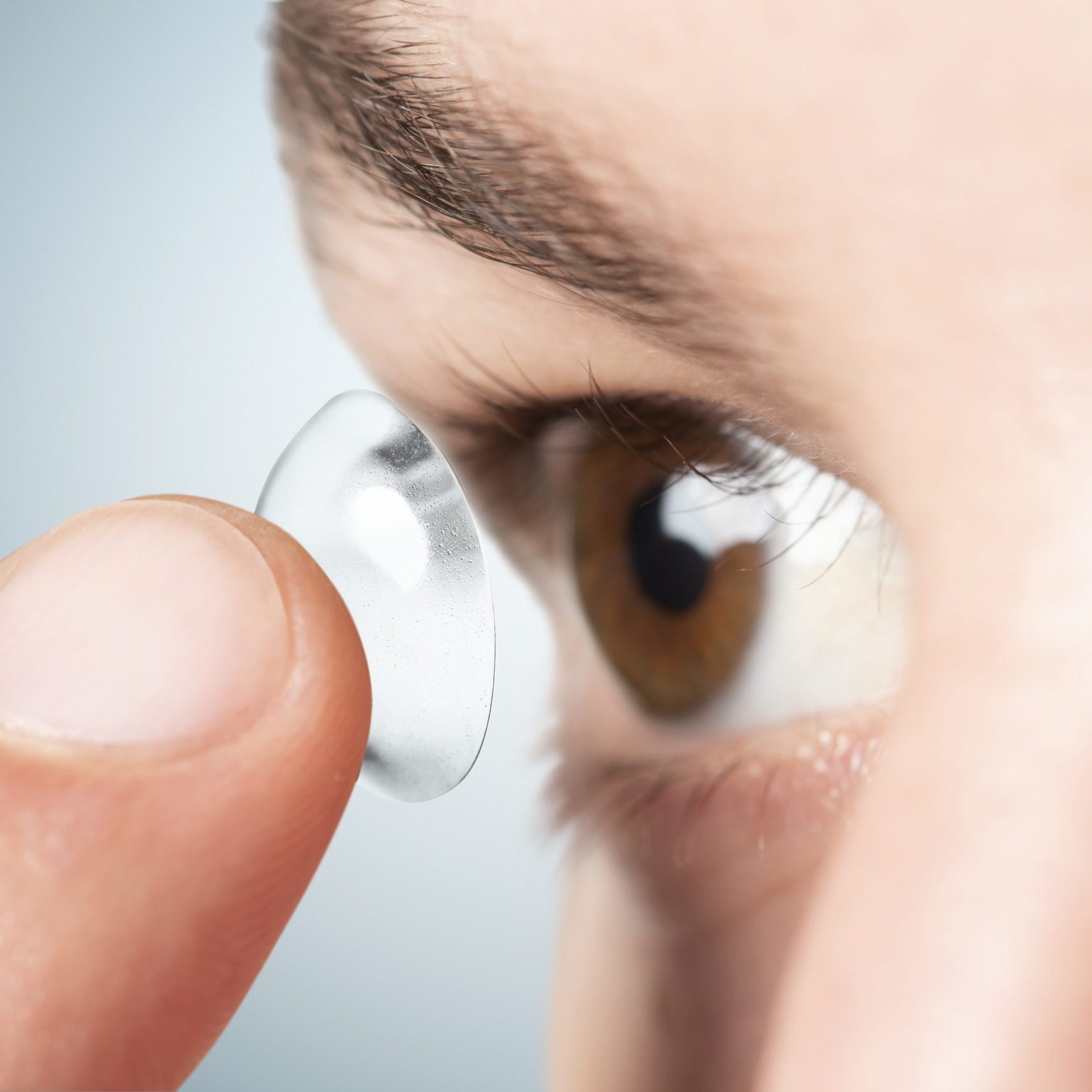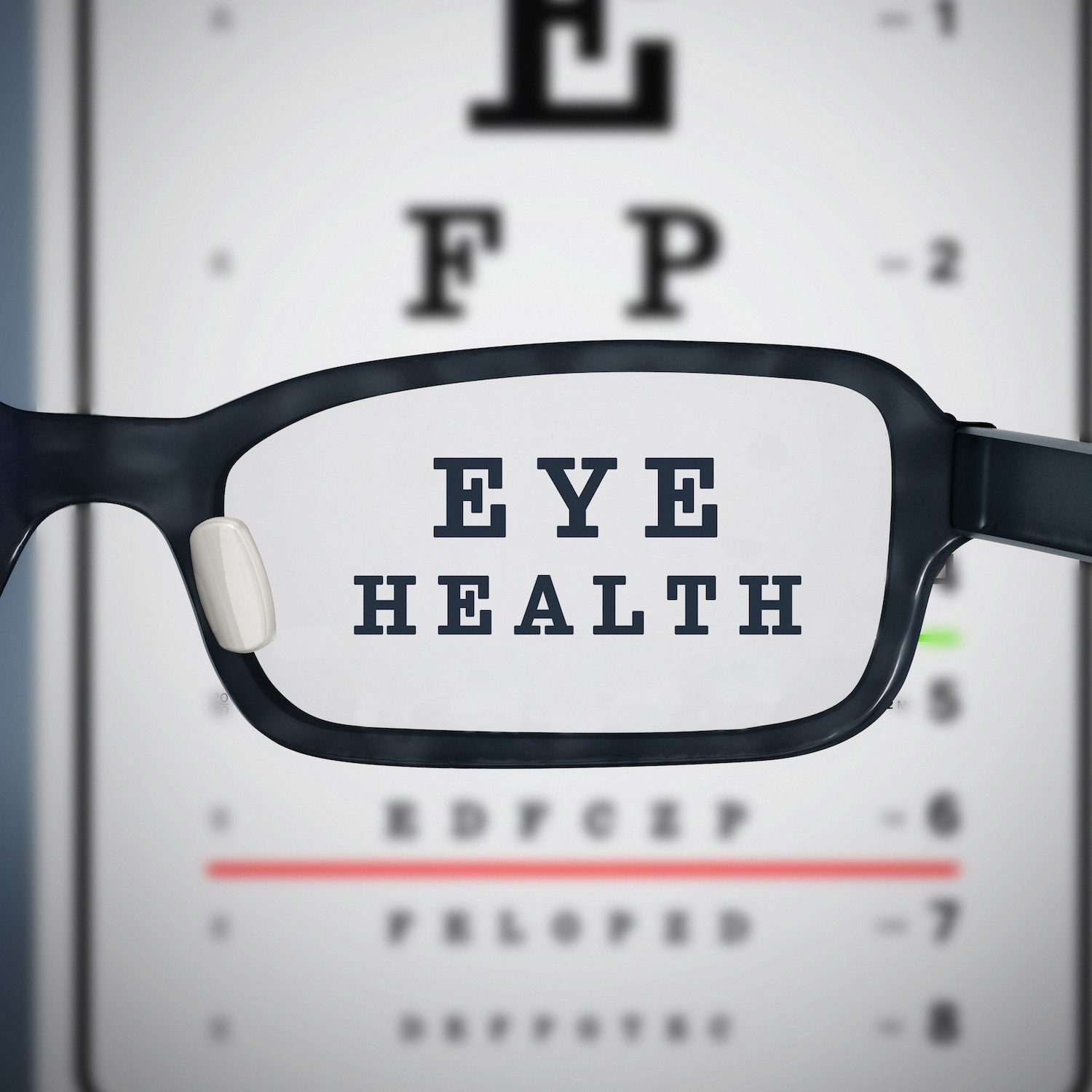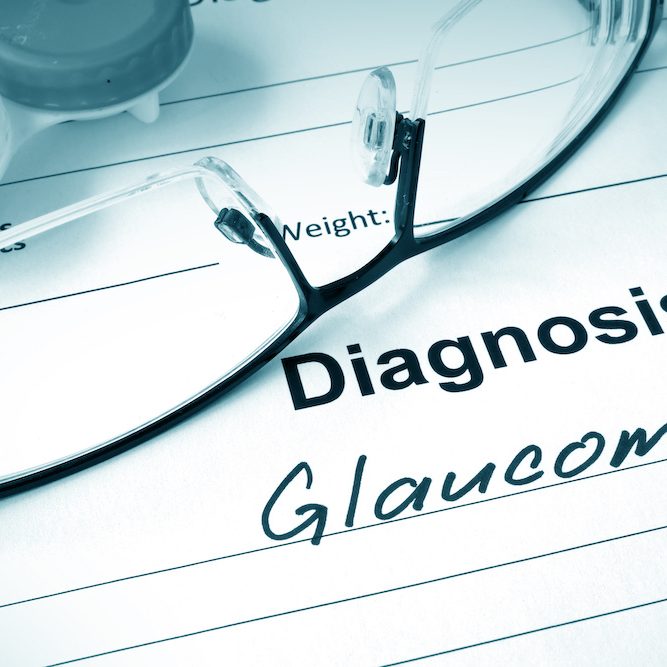
Comprehensive Eye Exams
People often think that eye exams are necessary only if you are having issues with your vision. However, this could not be further from the truth, as there are many other reasons for an annual exam. Although the visual acuity and refractive assessments are the main components to the exam, yearly comprehensive eye exams are important for maintaining overall ocular health and even systemic health.
In some cases, your eye doctor can diagnose issues before they become major health problems such as diabetes, hypertension and hardening of the arteries, before you are even aware that a problem exists. For this reason, comprehensive eye exams allow the optometrist to serve a preventative role to maximize your visual potential and ensure that your eye health is optimal.
Not only will the doctor determine the ideal prescription to meet your visual needs, but you can expect a complete evaluation including peripheral vision, color vision, eye pressures, and a thorough examination of the anatomical structures of the eye. Comprehensive eye exams are recommended beginning in infancy and throughout life to monitor for any changes and for early detection of disease that could present without any symptoms.

Contact Lens Fittings and Evaluations
For patients who wear or are interested in wearing contact lenses for the first time, a separate service can be provided by the doctor to assess and evaluate the fit of the contacts. Because contact lenses rest directly on the cornea, it is imperative for the doctor to determine the best fit and shape of contact lens for your eye so the lens does not lead to inflammation and scarring. The doctor will also prescribe lenses that offer some of the highest oxygen permeability to provide better comfort and to prevent dryness.
Keep in mind, some insurance companies will offer this service for a copay while others do not recognize it and therefore fees may be out of pocket. For new wearers, the doctor will provide guidance with inserting and removing the contact lenses in office until you are comfortable enough to perform your new skill at home. A follow-up appointment will be scheduled for you after you have a chance to experience the lenses in your daily life. The doctor may provide both services on the same day; or for first-time wearers, you may be asked to reschedule for a contact lens fit to allot more time to focus on training.
You may hear the doctor say that there is no "one size fits all" when it comes to contacts regarding the plethora of different brands, base curves, diameters, and water content. This is why it is important to have your contact lens prescription renewed once a year to ensure the contacts are not causing harm to the cornea. This is also why optometrists prescribe one unique brand for you and why it should not be interchangeable when ordering a supply.

Your Eyes and Your Health
Your eyes can tell the optometrist quite a bit, especially about your overall health. It is possible to detect certain systemic diseases by viewing the retina and retinal vessels, even before a diagnosis has been given by your Primary Care Physician. The yearly eye exam is also important to co-manage conditions such as Diabetes, Hypertension, and Autoimmune diseases. The optometrist will use a high-definition retinal camera to take pictures of the back of the eye to monitor for change. The comprehensive examination will allow the optometrist to convey to your PCP any changes in disease state or efficacy of medication in a multidisciplinary manner.

Common Eye Diseases
The optometrist is well versed in detecting and treating some of the most common eye complaints including dry eye, ocular allergies, and styes. They are also trained as first-line defense for acute ocular concerns such as foreign body removal, contact lens-related red eye, and bacterial/viral conjunctivitis. Furthermore, the doctor is more than knowledgeable in the detection of retinal tears and detachments, which usually present as symptoms of new flashes and/or floaters.
The optometrist can monitor chronic eye disease such as cataracts, glaucoma, and age-related macular degeneration. Early detection of these is critical to the prevention of irreparable damage to your vision.

Frame Repairs
We know, you love your frame but something happened! If your frame is in need of a repair, we can help.
Many times we can repair frames in the office for missing nose pads, screws & adjustments.
If its something we can't solve in the office, we will send it to our off site repair facility to help you get your frame back in working condition.
Image source: American Academy of Ophthalmology (https://www.aao.org/eye-health/glasses-contacts/learn-nine-essential-parts-of-eyeglasses)
Vision Forms
FAA 8500-7 Vision Report Form - Download
Complete this form after an ocular eye procedure to be provided to your AME. This form must be completed by an ophthalmologist or by an optometrist.
MASS RMV Class D & M Vision Screening Certificate - Download
Complete this form to waive the RMV administered vision screening for a Class D or M license. This form must be completed by an ophthalmologist or by an optometrist who is licensed to practice in Massachusetts.
MASS DL Vision Screening Certificate - Download
Complete this form to waive the RMV administered vision screening for a commercial driver's license. This form must be completed by an ophthalmologist or by an optometrist who is licensed to practice in Massachusetts.
Learn More About Our Services by Contacting Us Today!
